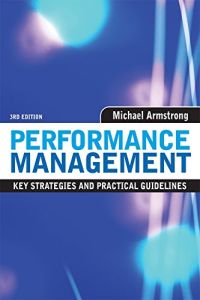
Performance Management
Key Strategies and Practical Guidelines
Recommendation
If you've ever worked for a large corporation, you can probably recall feeling apprehensive as you walked into your boss's office for your annual review. You can probably also identify with your employees’ fears that they might leave your office after a review feeling disappointed and bewildered, their raises up in smoke and their confidence shaken. Thus you and your staff may think of employee evaluations as a necessary evil. Author Michael Armstrong suggests a more palatable alternative. Instead of traditional, yearly performance appraisals, Armstrong advocates performance management, a user-friendly system that emphasizes collaboration between manager and employee. If you plan and execute it properly, performance management can help you monitor and encourage employee development over the long term, and avoid the unpleasant, confrontational experience of an annual evaluation. Armstrong has a tendency to repeat himself, but that really doesn't detract from the wealth of practical advice he offers. He uses charts, subheadings and bullet points to make his ideas clear. getAbstract believes that if you're a human resource executive, a manager or an employee who would rather undergo a root canal than another yearly performance appraisal, this is the book for you.
Summary
About the Author
Michael Armstrong is an independent management consultant and author of six previous books on management. A fellow of the Chartered Institute of Personnel and Development, he has extensive experience in the aerospace and food industries.








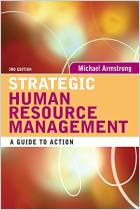
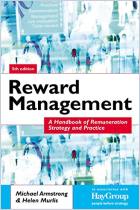

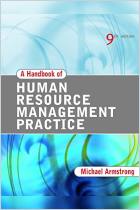
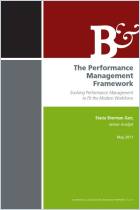
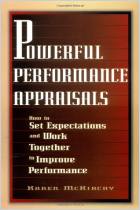
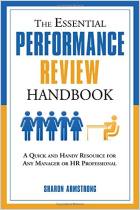
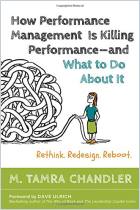
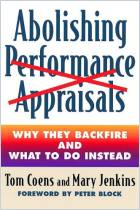





Comment on this summary